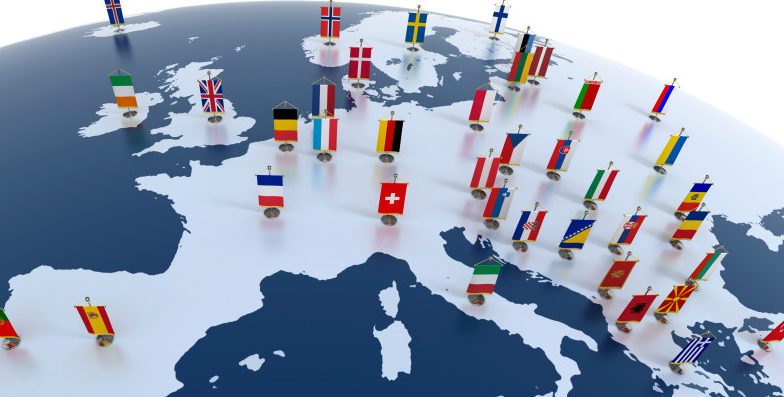The Human Capital Index is measured in terms of the productivity of the next generation of workers relative to the benchmark of complete education and full health.

The World Bank published the Human Capital Index (HCI) as a measurement of economic success. The Index ranks countries according to how much is invested in education and health care for young people.
The World Bank’s 2019 World Development Report on The Changing Nature of Work showcases the Index and explains its importance given the impact of technology on Labor Markets and the future of work.
Here’s a list of Top 15 Nations With Strongest Scores In World Bank’s FIRST-ever Human Capital Index Rankings.
| Rank | Country | Human Capital Index Score |
| 15 | United Kingdom | 0.78 |
| 14 | Czech Republic | 0.78 |
| 13 | Slovenia | 0.79 |
| 12 | Austria | 0.79 |
| 11 | Germany | 0.79 |
| 10 | Canada | 0.80 |
| 9 | Netherlands | 0.80 |
| 8 | Sweden | 0.80 |
| 7 | Australia | 0.80 |
| 6 | Ireland | 0.81 |
| 5 | Finland | 0.81 |
| 4 | Hong Kong SAR, China | 0.82 |
| 3 | Japan | 0.84 |
| 2 | South Korea | 0.84 |
| 1 | Singapore | 0.88 |
The Human Capital Index ranges between 0 and 1. The index is measured in terms of the productivity of the next generation of workers relative to the benchmark of complete education and full health.
An economy in which the average worker achieves both full health and full education potential will score a value of 1 on the index.
investing in human capital is the priority to make the most of this growing economic opportunity. Three types of skills are progressively significant in labor markets:
Advanced Cognitive Skills such as complex Problem-solving.
Socio-behavioral skills such as teamwork.
And skill combinations that are predictive of flexibility such as reasoning and self-efficacy.
Building these skills require strong human capital foundations and lifelong learning.


































































































